Spring Flowers International Conference Concluded with a Celebration of the 75th Union Day of Myanmar
The Conference reaffirmed its support for building a federal democratic Union of Myanmar based on the Panglong principles of freedom, equality and self-determination
INDIANAPOLIS, February 19, 2022 — The Spring Flowers International Conference on Myanmar, hosted by the Burmese American Community Institute (BACI) and the National University of the Union of Myanmar (NUUM)-Global Campus, in partnership with co-hosts and partners, concluded last Saturday with a celebration of the 75th Union Day of Myanmar in which support for building a federal democratic Union of Myanmar based on the Panglong principles of freedom, equality, and self-determination was reaffirmed.
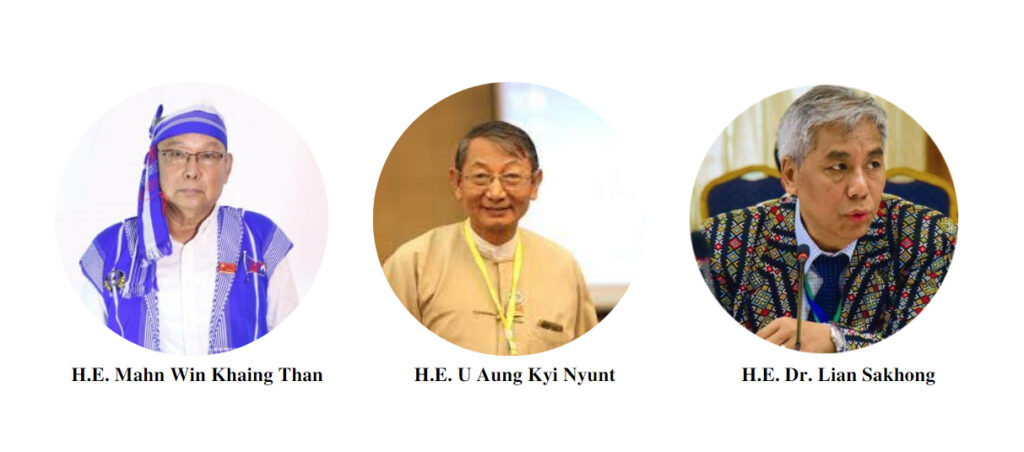
In an effort to support peace and democracy in Myanmar (Burma), the conference brought together local, national, and international actors from diverse backgrounds around the globe. Academics and Myanmar experts such as David Williams, Larry Diamond, Ashley South, Marcus Brand, and Matthew Arnold, among others, offered expert perspectives and drew on the experiences of countries around the world to propose solutions for the challenges facing Myanmar today. Local scholars, activists, and experts with hands-on experience in reclaiming freedom for the people of Myanmar passionately debated key issues and made recommendations on them.
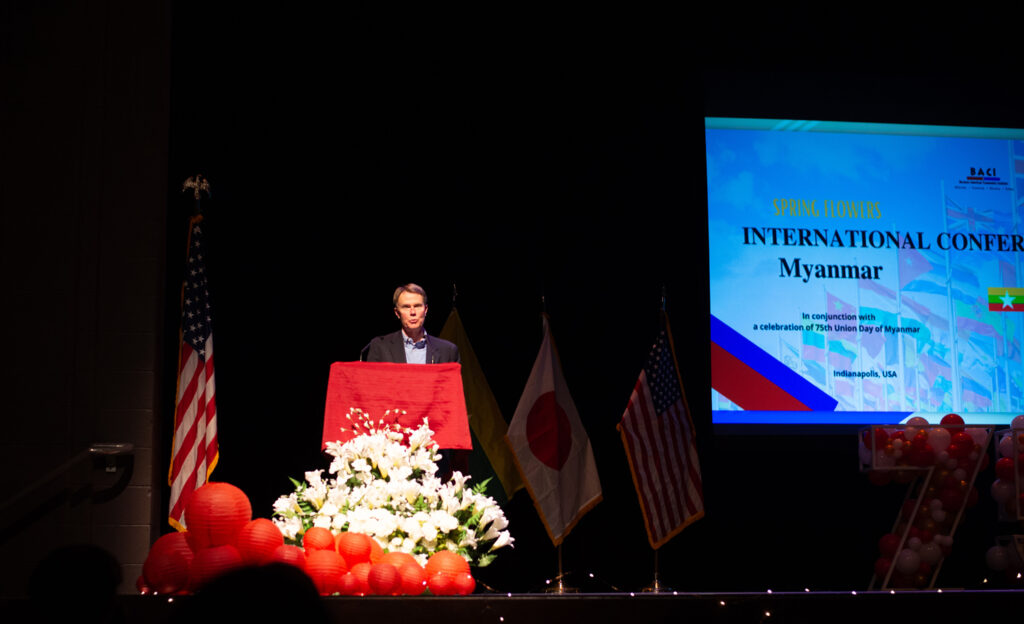
The unprecedented 7-day conference included 12 academic panels with presentations by over 50 scholars and researchers, 8 expert panels with members who included activists, representatives of rights groups, analysts, professionals, academics, and politicians, 4 presentations by officials of the National Unity Government of Myanmar, 12 roundtable discussions, and over 40 keynotes and speeches. Participants focused on how to build a peaceful and prosperous federal democratic Union of Myanmar, contributing to the development of comprehensive strategies designing a new constitution, building a professional federal army that is firmly placed under civilian oversight and that represents the ethnic and religious diversity of the country, developing democratic institutions that that are able to deliver public goods and services effectively to the people to a satisfactory level (which is important for sustaining the democracy movement as a whole), and strengthening and expanding collaborative partnerships and cooperation with the international community, including the U.S. and its allies, ASEAN, and the United Nations.
Conference speakers and discussants especially emphasized the need for unity among the democratic forces and mobilizing participation of all stakeholders in these efforts.
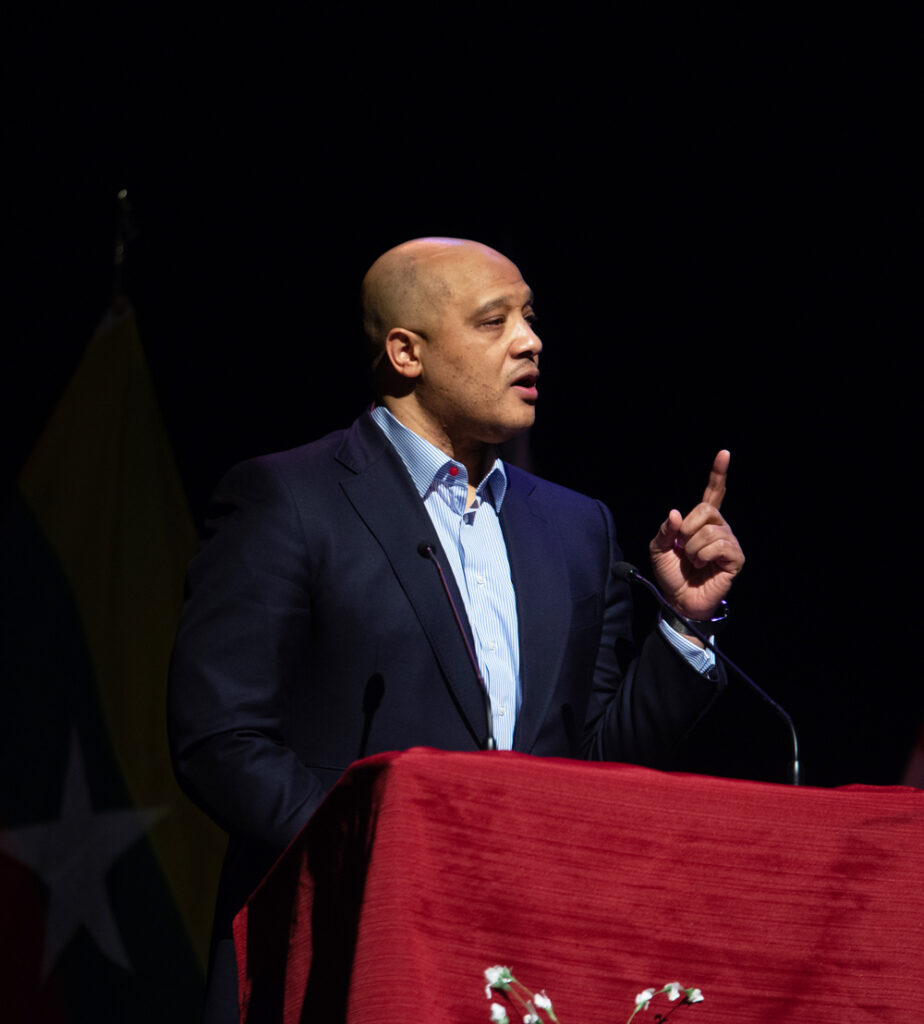
Speakers during the closing ceremony, including Mayor Joe Hogsett, Congressman Andre Carson, H.E. Mahn Win Khaing Than (Prime Minister of NUG), H.E. U Aung Kyi Nyunt (Chairman of the Committee Representing the Pyidaungsu Hluttaw), H.E. Dr. Lian Sakhong (Minister of Federal Affairs, NUG), and H.E. U Kyaw Moe Tun (Permanent Representative of Myanmar to the United Nations) all reiterated the need for the people of Myanmar to regain their freedom under democratically elected civilian leadership and for stronger support from the international community for the building a federal union, as the people of Myanmar have made it clear that they do not want the military junta.
The objectives of the conference were: (1) promoting critical analysis and deeper understanding of the challenges Myanmar is currently facing, (2) achieving common understanding of the challenges and opportunities in forging a strong and unified response to help resolve the conflict in Myanmar and in developing strategies and approaches to building a new Myanmar, and (3) bringing together stakeholders from diverse backgrounds, including elected representatives, government officials, international non-governmental organizations (NGOs), civil society organizations (CSOs), rights groups, media, academics, etc. to achieve a unified vision and strategy through substantive policy discussions, expert panels, and debates.
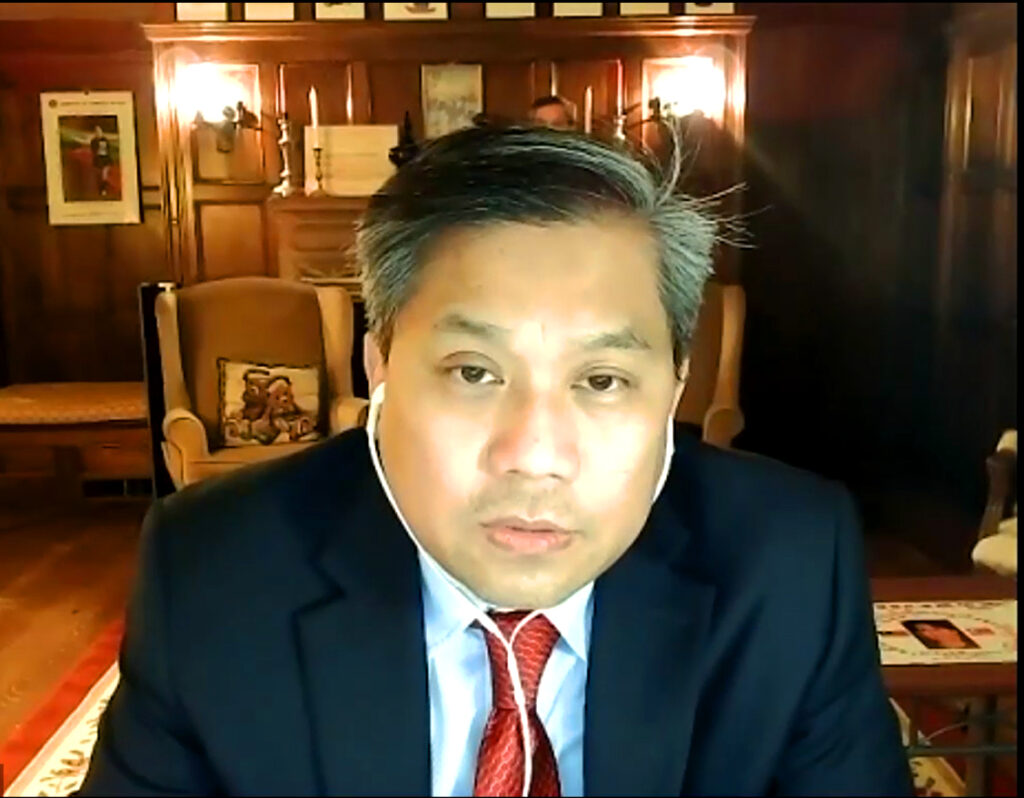
Highly respected rights advocates such as Benedict Rogers of Christian Solidary Worldwide and Philip Robertson of Human Rights Watch, among others, as well as well-known local writers, women, and representatives of legal groups participated.
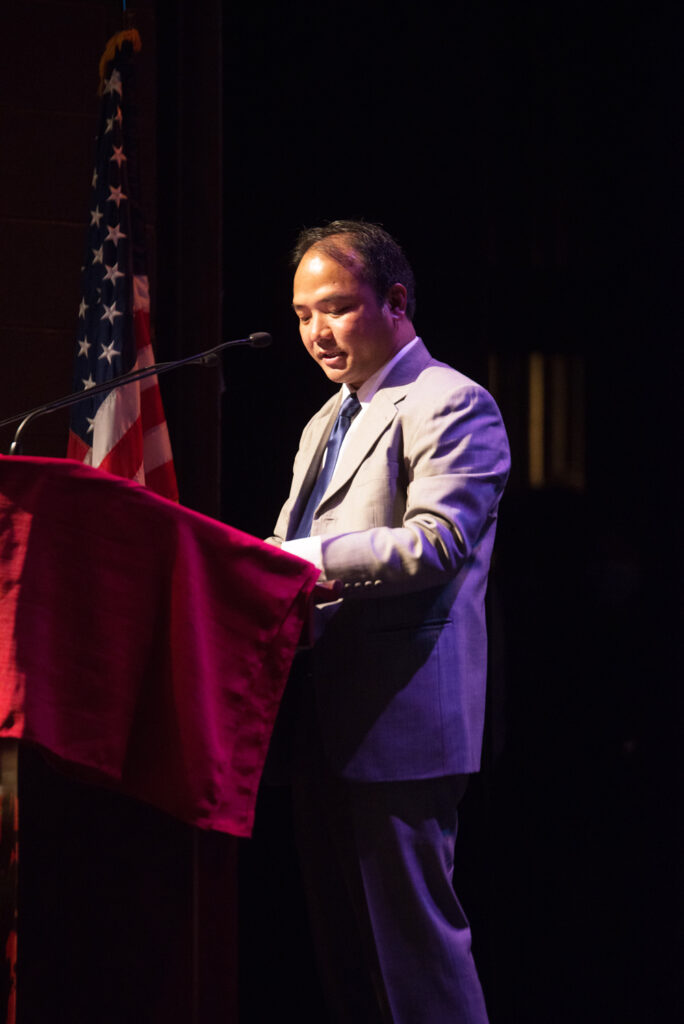
“Presentations, discussions, debate and sharing of expertise have helped to generate common understandings of challenges and opportunities in resolving the multiple crises Myanmar is facing. We believe these common understandings will play a critical role in helping shape the future direction of the democracy movement and the future of Myanmar as a whole,” said Elaisa Vahnie, Executive Director of BACI.
The conference findings with solution-oriented policy and strategic recommendations will be made available to key stakeholders as well as the general public.
To learn more about the immediate outputs of the conference, see our 2nd press release here and the conference web page URL here: https://thebaci.org/international-conference-on-myanmar/
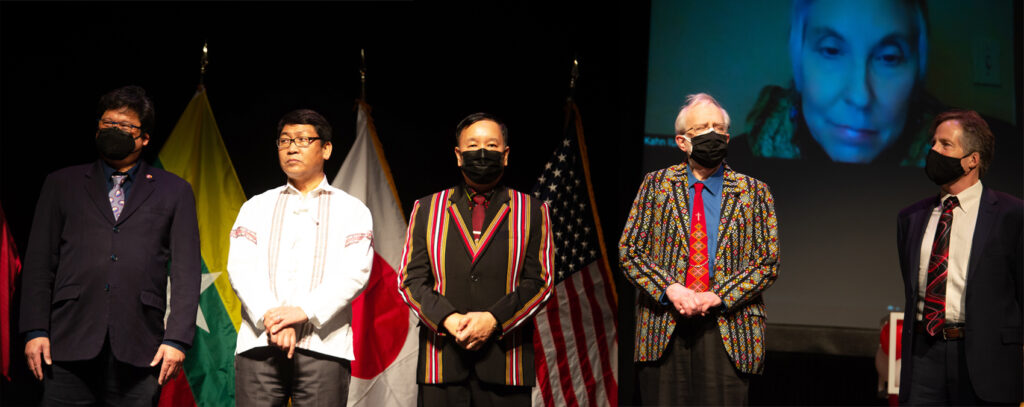
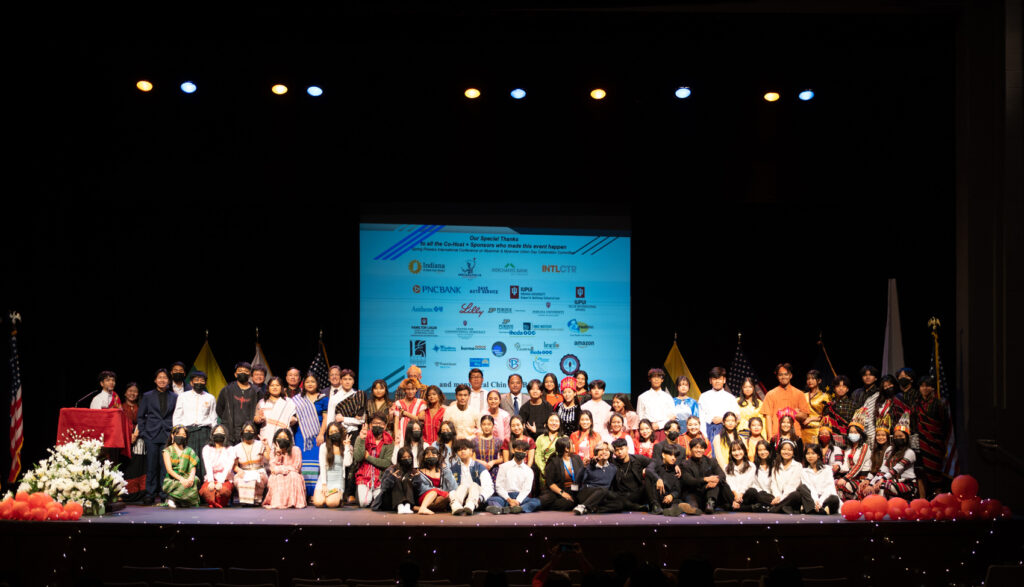
About BACI
The Burmese American Community Institute (BACI) is a non-profit organization founded in 2011 that provides educational and vocational support to the Burmese community in greater Indianapolis. The BACI also supports community members regionally, nationally, and globally through new initiatives, collaborative and strategic partnerships, and advocacy.
About NUUM
The National University of the Union of Myanmar (NUUM) was established in July 2021 under the auspices of the Burmese American Community Institute in consultation with its partners and stakeholders, especially with diverse groups of people in Myanmar. It currently offers six certificate programs to Myanmar students through online courses taught by instructors from Myanmar as well as friends of Myanmar from around the globe. In addition to providing teaching and learning opportunities, NUUM contributes to reform efforts and building systems for future democratic institutions, serves as a hub for academic research, scholarship, and intellectual inquiry, and generates ideas for innovations and policy debate, in support of democracy in Myanmar.

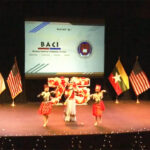 Previous Post
Previous Post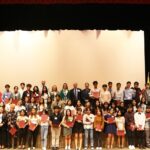 Next Post
Next Post